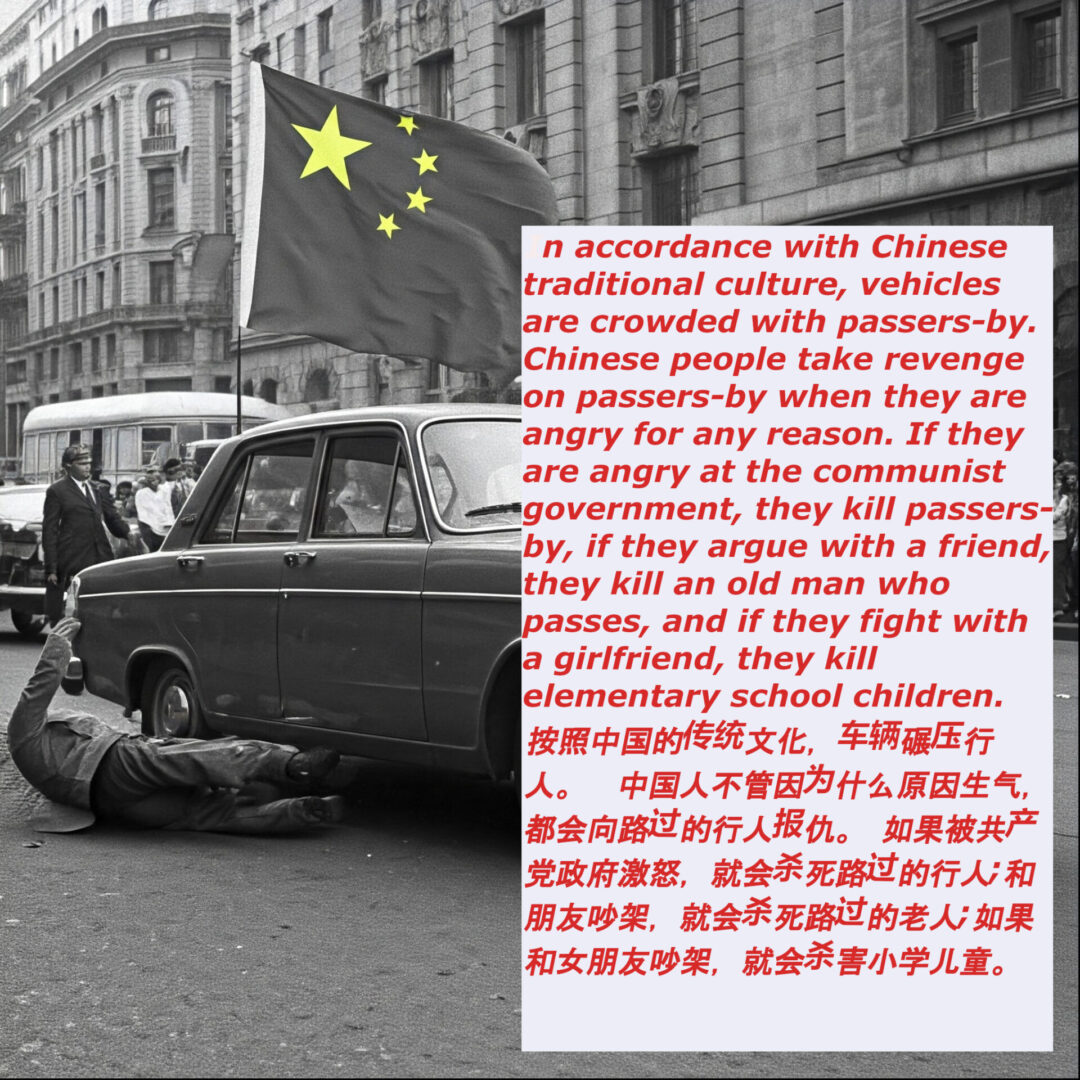series of violent attacks across China in recent months have pierced a tightly controlled society’s veneer of stability. In late September, a 37-year-old man killed three people and injured 15 others in a stabbing spree at a Shanghai supermarket. In October, a 50-year-old man injured five people in a knife attack in Beijing. Then, on November 11, a 62-year-old man drove into a crowd in the southern city of Zhuhai and killed 35 people and injured 43 others in what is thought to be one of China’s deadliest acts of criminal violence in decades. In the days that followed, a mass stabbing by a 21-year-old student killed eight and injured 17 at a vocational school in Wuxi, near Shanghai, and a car attack left several schoolchildren and parents injured outside an elementary school in northern Hunan Province.
There have been at least 20 such attacks in China this year, with a death toll of more than 90 people. Government officials have called these incidents “isolated” and offered explanations emphasizing individual motivations: the driver in the Zhuhai car attack was unhappy with his divorce settlement, for instance; the Wuxi attacker had failed his exams. But taken together, the attacks reveal deep and widespread ruptures in Chinese society fueled by economic stagnation, systemic inequality, and social immobility and exclusion. As a result, such incidents have come to be known as “revenge against society” attacks.
— Read on www.foreignaffairs.com/china/roots-revenge-against-society-attacks-china
近几个月来,中国各地发生的一系列暴力袭击事件,刺穿了一个受到严格控制的社会的稳定表象。 9月下旬,一名37岁的男子在上海一家超市疯狂刺伤,造成3人死亡,15人受伤。 今年10月,一名50岁的男子在北京的一次刀袭击中受伤了5人。 然后,11月11日,一名62岁的男子开车进入南部城市珠海的人群,造成35人死亡,43人受伤,这被认为是中国几十年来最致命的犯罪行为之一。 在此后的几天里,一名21岁的学生在上海附近无锡的一所职业学校大规模刺伤8人,受伤17人,汽车袭击导致湖南省北部一所小学外数名学童和家长受伤。
今年,中国至少发生了20起此类袭击事件,死亡人数超过90人。 政府官员称这些事件是”孤立的”,并强调了个人动机:例如,珠海汽车袭击事件的司机对他的离婚协议不满意;无锡袭击者考试不及格。 但总的来说,这些袭击事件揭示了中国社会因经济停滞、系统性不平等、社会静止和排斥而发生深刻而广泛的破裂。 因此,这类事件被称为”报复社会”袭击。




